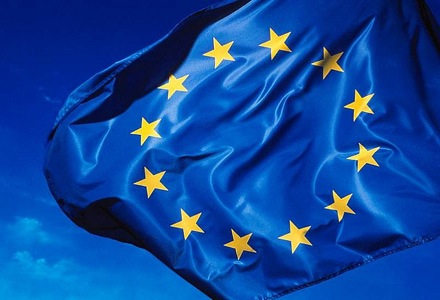 One sector of the global gambling industry that is subject to constant talk of change is Europe. Many companies hold this sector of the industry in higher regard than they do their own mothers and are often on hand to give their opinion on the future of the industry. Market harmonization is the buzzword that most resort to when discussing change. Even though talking about it is popular in practice it’s hard to get it right.
One sector of the global gambling industry that is subject to constant talk of change is Europe. Many companies hold this sector of the industry in higher regard than they do their own mothers and are often on hand to give their opinion on the future of the industry. Market harmonization is the buzzword that most resort to when discussing change. Even though talking about it is popular in practice it’s hard to get it right.
Europe is different to anywhere else in the world due to governance over its geography. Much like the USA the continent is divided up into a number of states. The problem comes with the amount of control the European Union has. Certain things are controlled centrally in Brussels but iGaming isn’t one of them. Harmonization is what those in Bruseels hold up as the perfect solution to iGaming being outside their control. A set of rules governing Europe’s different regimes that will protect consumers and give the industry is the big wigs’ only desire. For better or worse Memorandums of Understanding (MOU) is the fall back plan.
The agreements mentioned above have seen the light of day more and more over the past couple of years as jurisdictions strive for a better and safer set of regulations. They’re signed as regimes believe a little help from their friends is this best or only way forward. Fledgling regimes such as those in France and Italy have signed such agreements and in recent months there have been murmurings of change in both countries. It’s reflected a general mood moving towards these agreements as the European market continues to evolve.
What are they though? In a nutshell it’s an agreement between two parties to work together on a subject issue. You could say it’s a more formal version of a gentlemen’s agreement.
Countries in the former-Yugoslavia are the latest to be wrapped up by regulation and MOUs are one measure proposed to create a watertight industry. Mirjana Acimovic, president of Serbian gaming association JAKTA, has seen discussions on MoUs at the past three regulator conferences between the countries in the former-Yugoslavia and can see advantages to cooperation taking place.
“Future MoUs are one of the measures and initiatives from which all former Yugoslav countries would benefit. Exchange of information through regular regulator briefings where problems and experience are openly discussed are also great way for improving the situation. Dialogue with respectable industry representatives such as regional industry associations is improving knowledge and better understanding,” Acimovic said.
Europe-wide bodies are hopeful MOUs can help when it comes to the laborious task of harmonizing the market. Sigrid Ligne, secretary general of the European Betting and Gaming Association (EGBA) agreed that such initiatives are “a step in the right direction” before countering “they might lead to an unsustainable patchwork of agreements.”
Ligne added: “The European Parliament called in November 2011 for regulatory cooperation to be considerably expanded and to take place under the supervision of the European Commission. Such multilateral cooperation is urgent and essential to stop the fragmentation of the European online gambling sector, to adopt common standards and ensure an efficient regulation of the market.”
Ligne made no bones that the best way forward would mean regulators being “under a legal obligation to exchange information in the field of online gambling.”
Another group caught in the crossfire over are the companies themselves. Publicly traded firms clamor to be licensed in regulated jurisdictions and it will be largely those companies affected by MOUs being signed. Clive Hawkswood from the Remote Gambling Authority (RGA), a group set up on behalf of gaming industry firms, agreed the memorandums have a role to play but was skeptical about any progress being made at a higher level in the near future.
“There will be two strands of work. One will be the development of bilateral MOUs that could develop into multilateral agreements between regulators. The other is work being done at EU level following last year’s Green Paper process, but, even if agreement can be reached on some form of EU standards, we are probably a long way from that being achieved,” he said.
If what Hawkswood states is to be believes the agreements will continue to be common between European countries. Whether or not this gets anywhere near to satisfying those pining for full harmonization remains to be seen but anything that encourages cooperation between jurisdictions can only be a good thing.
